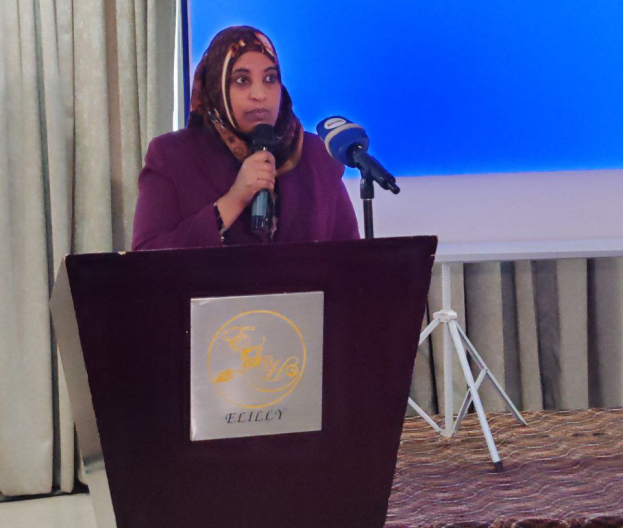
ADDIS ABABA – In a concerted effort to curb illegal trading and ensure market stability, the Addis Ababa City Trade Bureau has intensified its regulatory enforcement and monitoring strategies, leading to major crackdowns and notable improvements in price control and service delivery.
Speaking at a recent press briefing, Bureau Head Habiba Siraj revealed that over the past nine months, the Bureau inspected more than 340,000 businesses, taking legal and administrative actions against 28,781 entities found in violation of trade regulations. While 28,314 of these businesses have since returned to compliance, 557 were permanently removed from the commercial registry.
The Bureau also took disciplinary measures against 142 sector leaders and professionals for their involvement in illegal trading activities, demonstrating its commitment to accountability and transparency within the sector.
As part of its market protection strategy, the Bureau confiscated over 59,944.5 liters of smuggled petroleum products—including gasoline, diesel, and white gas—along with 48 quintals of illicitly traded coffee. These enforcement actions generated revenue of over 10.2 million Birr.
To enhance oversight and service delivery, the Bureau has fully digitized its registration and licensing processes, enabling businesses in 120 woredas to obtain new permits or renew existing licenses online. This move, according to Habiba, is part of broader efforts to tackle maladministration and corruption.
“Compared to the same period in the previous fiscal year, we have seen significant improvements in enforcement and compliance,” Habiba stated. “Our digital transformation has made our services more accessible and transparent.”
The Bureau has also stepped up efforts to curb unreceipted transactions and ensure the quality of goods in the market, she added, noting that intensive monitoring is helping address key operational challenges.
Habiba emphasized that the expansion of Sunday markets and special holiday bazaars has contributed significantly to price stability and improved access to essential commodities. These markets, which feature a wide variety of goods—from agricultural products and vegetables to livestock—have helped meet the rising demand during peak seasons.
The government, through the Bureau, has also distributed more than 90% of subsidized basic goods such as sugar, edible oil, and bread, while collaborating with regional producers to improve the supply chain.
“Despite some challenges, we are continuing to address structural hindrances to ensure market stability and protect consumers in the capital,” Habiba concluded.
BY FIKADU BELAY
THE ETHIOPIAN HERALD SUNDAY EDITION 27 APRIL 2025





